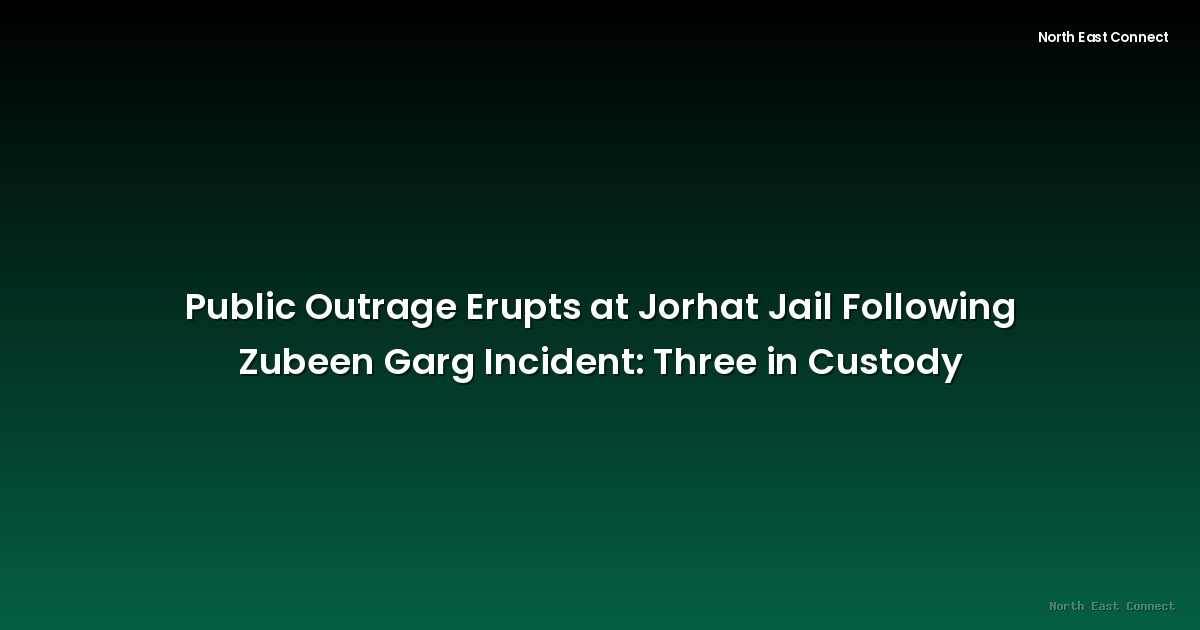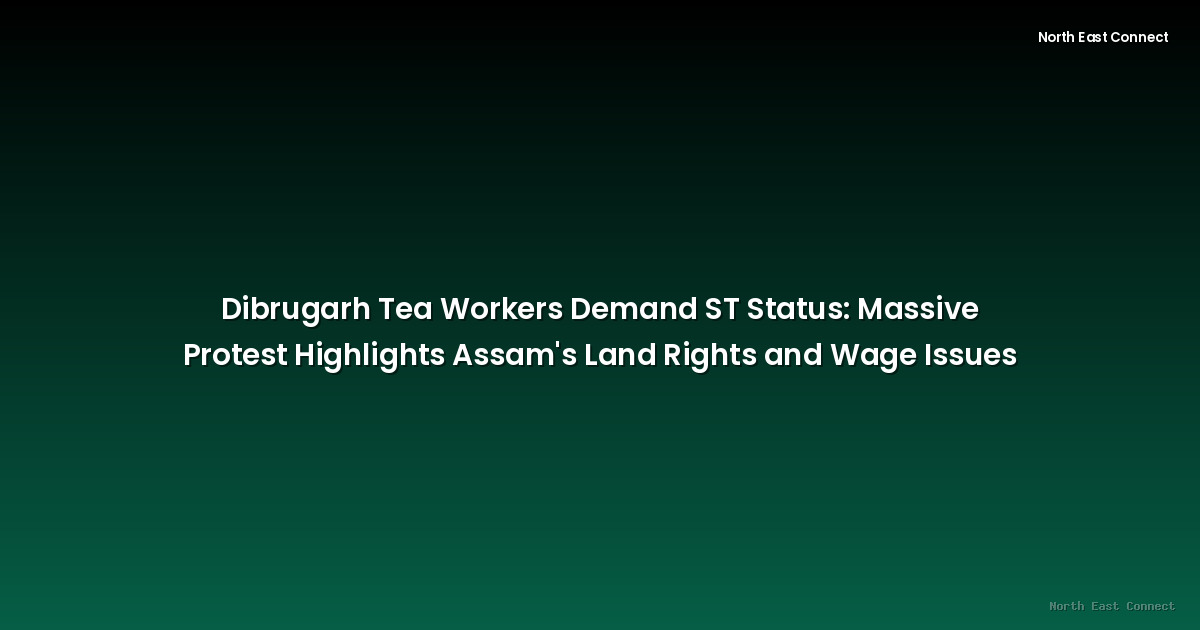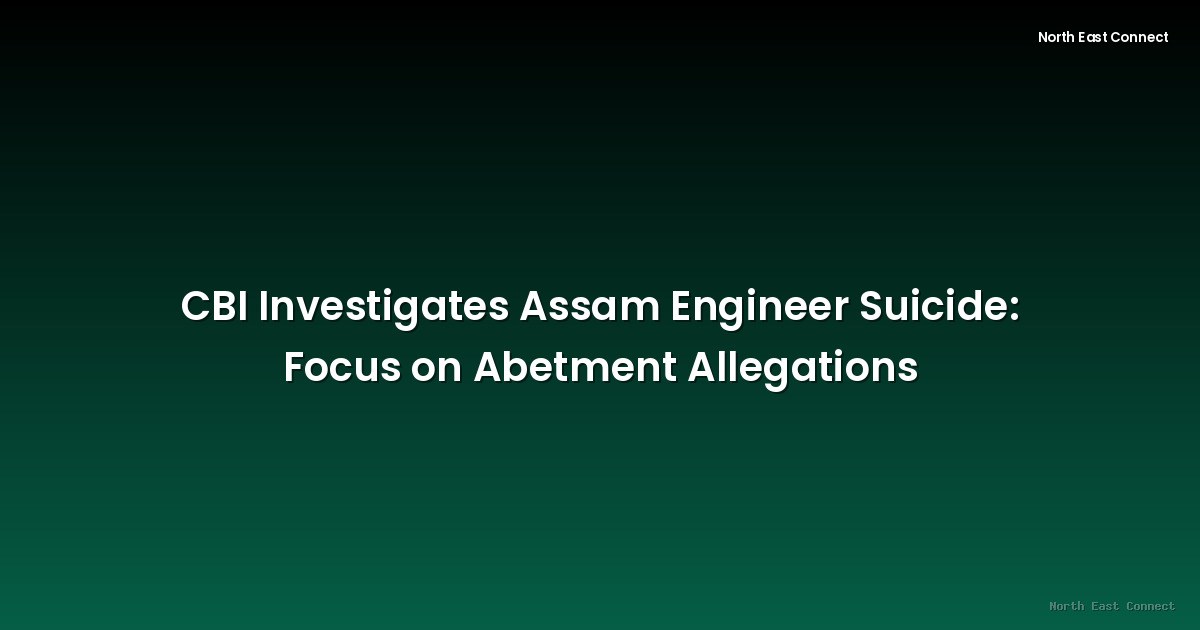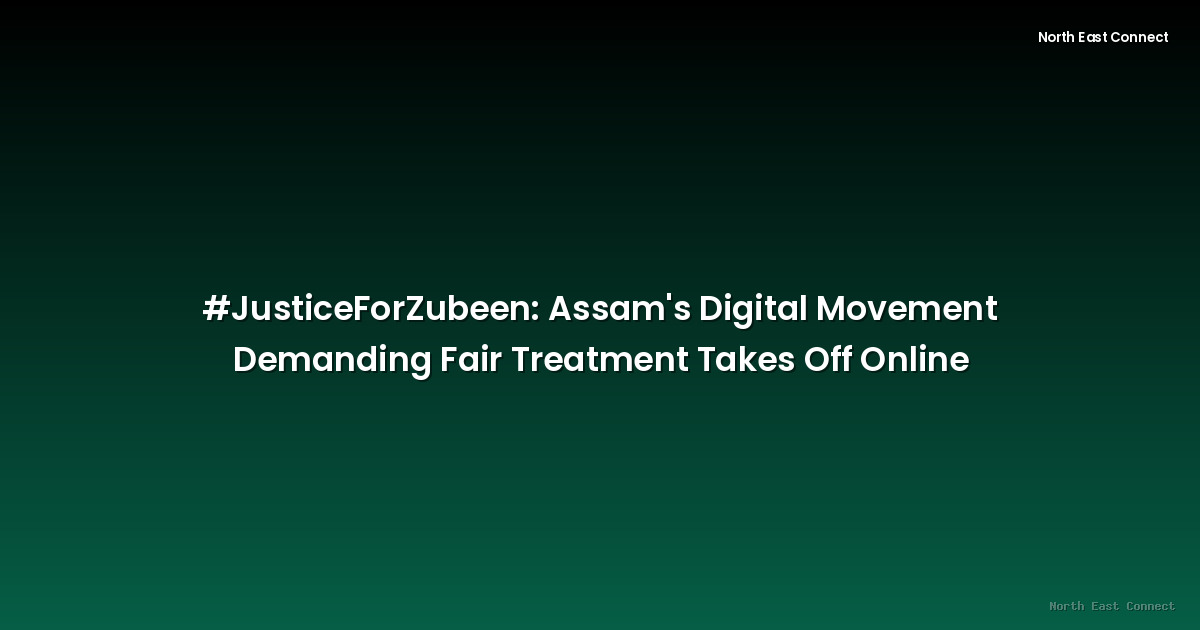2025-08-15 · News
Assam's Indigenous Identity Under Threat: Sarma Raises Concerns Over "Land Jihad"
Assam Chief Minister Himanta Biswa Sarma recently voiced strong concerns regarding what he termed a threat to the indigenous identity of Assam. His statements focused on the alleged practice of "land jihad," a controversial term suggesting a deliberate strategy to acquire land through religious conversion or other means. While Sarma did not provide specific details or evidence to substantiate these claims during his public address, his pronouncements have ignited a significant debate within the state and beyond.
The Chief Minister's concerns center around the perceived demographic shifts within Assam and the potential impact on the state's unique cultural and linguistic landscape. He highlighted the importance of preserving the rights and interests of indigenous communities, a long-standing issue in the region. Sarma's remarks underscore the complex and sensitive nature of identity politics in Assam, a region with a diverse population and a history marked by both assimilation and conflict.
The use of the term "land jihad" itself is contentious. Critics argue that the term is inflammatory and lacks evidentiary basis, potentially contributing to social polarization and harmful stereotypes. They maintain that such accusations are unsubstantiated and can lead to communal tensions. Furthermore, some argue that focusing on religious lines overshadows other underlying economic and social factors contributing to land ownership changes.
Conversely, supporters of Sarma's stance emphasize the need to protect the rights and interests of indigenous communities in Assam. They argue that population shifts and land acquisitions, irrespective of the motivations behind them, can indeed pose a threat to the cultural fabric of the state. These supporters believe that a proactive approach is necessary to ensure that indigenous communities are not marginalized.
The debate surrounding Sarma's statements highlights a deeper issue – the lack of comprehensive data and robust mechanisms for monitoring demographic changes and land transactions in the state. Transparent and evidence-based assessments are crucial to inform public policy and ensure fair and equitable treatment for all communities in Assam.
The ongoing discussion calls for a nuanced approach that avoids generalizations and inflammatory rhetoric. Focusing on evidence-based analysis, rather than relying on emotionally charged terminology, is essential to foster meaningful dialogue and find solutions that protect the interests of all citizens while preserving the unique character of Assam. Addressing concerns about land ownership, population dynamics, and the preservation of indigenous cultures requires a collaborative effort involving government agencies, civil society organizations, and all stakeholders. The challenge lies in navigating the complexities of the situation while promoting social harmony and justice. A transparent system of data collection and analysis will be crucial in addressing the concerns raised and facilitating a more productive and informed conversation.







